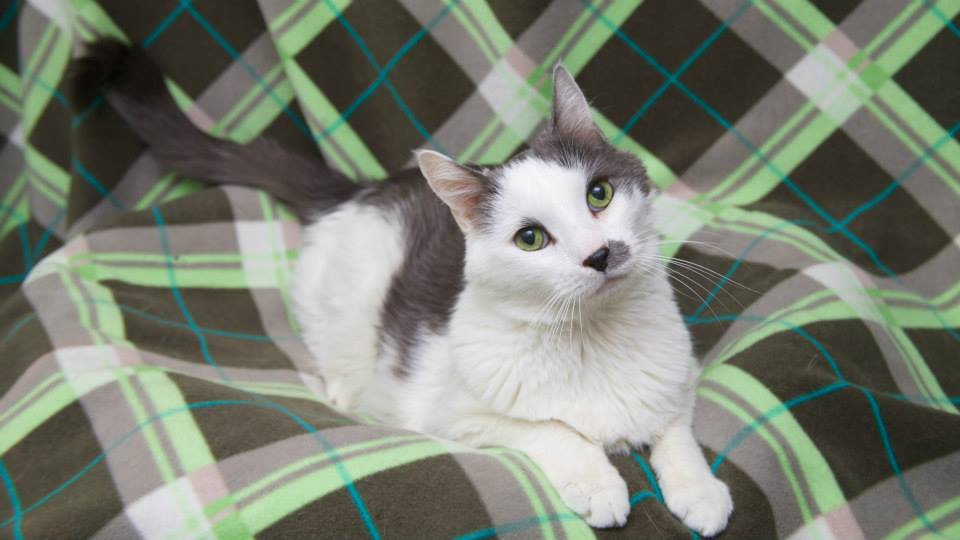
- The referring veterinarian diagnoses the patient with hyperthyroidism and refers the client to AVMI for radioiodine therapy.1,2
- Ideally, the referring veterinarian provides the client with a completed AVMI request form and copies of the supportive patient medical records.
- The client calls AVMI to schedule an appointment for the radioiodine therapy.
- AVMI creates a digital medical record for the client and patient to which copies of the previous medical records information can be attached.
- AVMI will email (or fax) the referring veterinarian a medical records request form for the patient requesting copies of all laboratory and diagnostic imaging results for the last calendar year..
Contact Information
We appreciate the opportunity to communicate with referring veterinarians about their hyperthyroid cats before, during and after the patient's hospitalization for radioiodine therapy. Please provide us with current contact information, including a front office or practice email, to ensure we can update you promptly regarding the status of your referred patient.
Lab Work
Like most diseases of geriatric cats, hyperthyroidism does not occur in a vacuum. In an effort to provide our patient's with the most comprehensive care possible, we request that you provide copies of any previous laboratory evaluations performed over the duration of the diagnosis of hyperthyroidism or a minimum of 1 calendar year.
Patients with contagious diseases
Cats suffering from upper respiratory viruses are often highly contagious to other cats. PLEASE notify us ASAP before hospitalization, if your patient is demonstrating symptoms of an upper respiratory virus (e.g. sneezing, congestion, nasal or ocular discharges) or if your patient has a history of chronic respiratory virus infection. Appropriate isolation of these cat’s is the only way to avoid unnecessary spread of the virus to other feline patients in our care. We have a separate radioiodine isolation ward that can be utilized for this purpose.
Hospitalization
The cats treated with radioiodine usually remain hospitalized for a total of between 3 and 6 days following radioiodine therapy. The duration of the cat’s hospitalization will be determined by the radioiodine dose as well as the cats rate of radioiodine excretion. The date of discharge from the hospital can only be estimated at admission.
Safety precautions
Clients will be advised to follow specific radiation safety precautions once their cat is returned to them. In brief these instructions include the use of a flushable/clumpable cat litter and the limited interaction between client and their cat for a precautionary period of approximately 12 days following discharge.
iCat Webcams
Because both California state and Federal regulations prevent visitation of cats treated with radioiodine during the mandatory hospitalization period, AVMI has installed individual iCat web cams for each of the Snyder Cat Cottages utilized by the hyperthyroid cats treated with radioiodine in our facility. These personal iCat web cams allow interested clients and referring veterinarians to continually observe individual cats hospitalized for radioiodine therapy at our facility.

